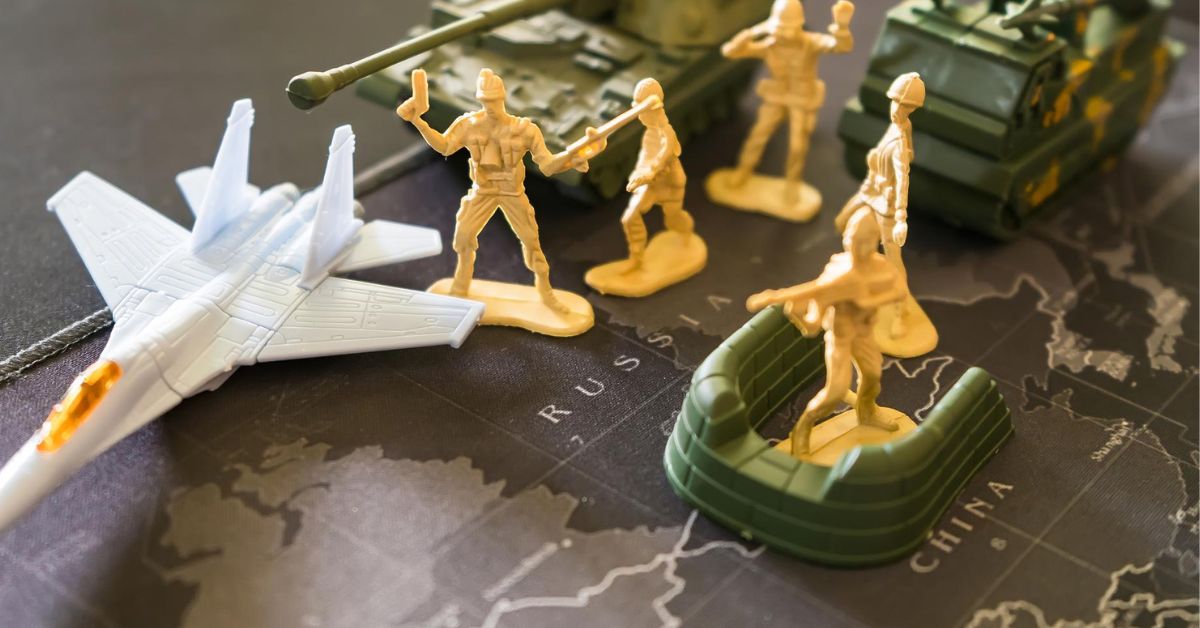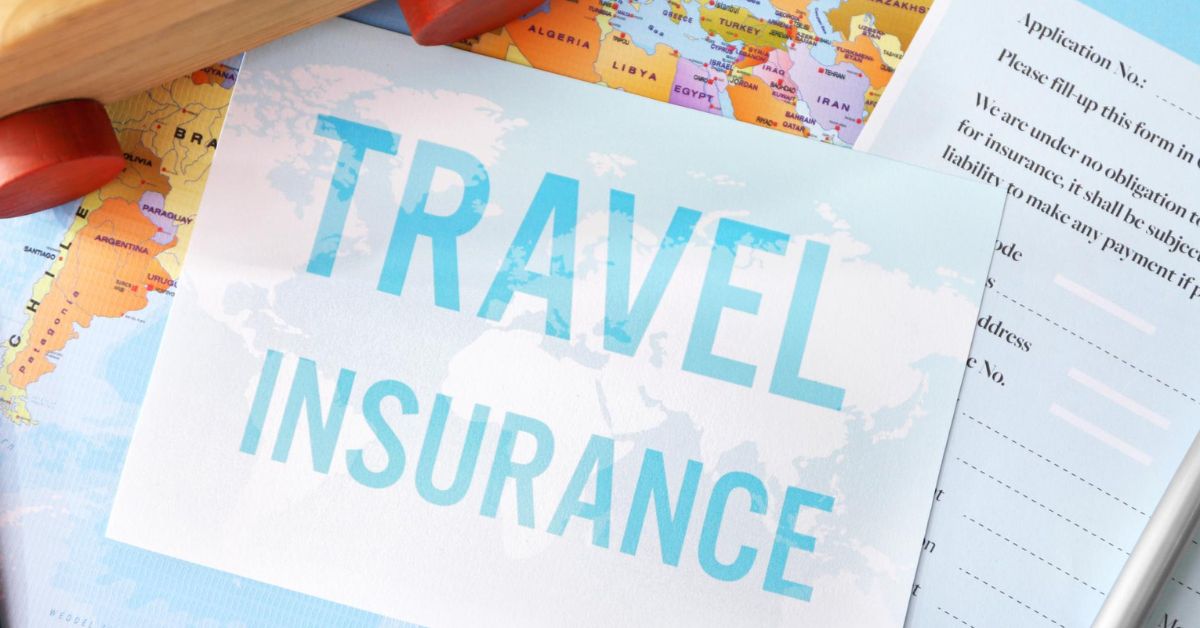Traveling comes with its risks and uncertainties, so travel insurance is essential. Many travelers wonder, “Does travel insurance cover war?” The simple answer is no; most standard travel insurance policies don’t cover war. Make sure you understand the limitations and exclusions of your travel insurance so you’re covered.
When traveling, you should know how different insurance policies handle such high-risk situations. This article explores whether travel insurance covers acts of war, exceptions, and travel tips for travelers visiting potentially volatile regions. Let’s dive in.
What is Travel Insurance?
Travel insurance is designed to protect travelers from unforeseen events. It typically covers medical emergencies, trip cancellations, and lost luggage. Each policy varies in coverage and exclusions.
It is crucial to understand what your policy covers. Most standard travel insurance policies exclude war and terrorism. It means any incidents related to war are not covered.
The reasons for this exclusion are primarily financial and logistical. War zones are high-risk areas, making coverage costly and complex. Insurers avoid these risks to keep policies affordable.
Despite these exclusions, travel insurance remains valuable. It provides peace of mind for common travel issues. Knowing your policy’s limitations helps you plan better. Always read your policy carefully before traveling. It ensures you know what is and isn’t covered.
Does Travel Insurance Cover War?

Travel insurance policies often have exclusions. Acts of war and related activities are typically among these exclusions. It includes acts of war, terrorism, and civil unrest.
The primary reason for these exclusions is high risk. War zones present significant dangers and uncertainties, and covering these risks would be extremely expensive for insurers.
Policies may also exclude travel to specific countries, usually areas with ongoing conflicts. Always check the exclusions list before purchasing a policy.
Situations Where Travel Insurance May Cover War-Related Incidents
Some travel insurance policies offer limited war-related coverage. This coverage is rare and often comes with strict conditions.
For example, some policies may cover acts of terrorism. This is different from acts of war. Terrorism coverage can include medical expenses and evacuation.
Specialty policies exist for high-risk areas. These policies are tailored for journalists, aid workers, and similar professions. They provide coverage for war-related incidents.
Such policies are more expensive. However, they offer necessary protection in dangerous regions. Always read the fine print to understand the coverage.
It’s important to note that coverage may vary. Each insurer has different terms and conditions. Contact your insurer for specific policy details. It ensures you know exactly what is covered.
Understanding these exclusions is vital. It ensures you are aware of what is not covered. If you plan to travel to a high-risk area, consider special insurance.
Some insurers offer coverage for high-risk travel. These policies are designed for journalists, aid workers, and others. They provide coverage where standard policies do not.
How War-Related Events Affect Travel Insurance Claims
War-related events can complicate travel insurance claims. Standard policies usually deny claims related to war, including injuries, cancellations, and evacuations.
Insurers assess each claim carefully and investigate the circumstances surrounding it. It helps determine if the event falls under excluded categories.
In some cases, partial coverage might apply. For example, if a terrorist attack occurs outside a war zone. Insurers might cover medical expenses but not trip cancellations.
Policyholders need to provide detailed information. This includes documentation and evidence of the incident. Clear communication with the insurer is crucial during the claims process.
Specialty policies handle claims differently. They are designed to cover high-risk situations, and claims under these policies are more likely to be approved. Always understand your policy’s claims process before traveling.
Special Insurance Policies for High-Risk Travel

Specialty insurance policies are available for high-risk travel. These policies cover war-related incidents and are tailored for journalists, aid workers, and similar professionals.
Specialty policies often include comprehensive coverage, which can include medical expenses, evacuations, and trip cancellations. They also offer protection in dangerous areas.
Purchasing these policies requires careful consideration. They are typically more expensive than standard policies. However, they provide essential coverage for high-risk travel.
Finding these policies can be challenging. Not all insurers offer them. Research and compare different providers to find the best option.
If needed, consult with insurance brokers. They can help identify suitable policies. Always read policy details thoroughly before purchasing.
A thorough understanding of these policies ensures adequate protection. It prepares you for potential risks in high-risk areas. Always prioritize safety and proper coverage.
What to Do If You’re Caught in a War Zone
If you find yourself caught in a war zone, it’s crucial to stay calm and act quickly. Immediately contact your travel insurance provider and ask for help from local authorities. It’s important to follow their advice and stay informed through reliable sources during a crisis.
- Stay calm in a crisis.
- Contact your travel insurance provider immediately to inform them of your situation and location.
- Seek assistance from local authorities for guidance and support.
- Locate the nearest embassy or consulate for additional help and resources.
- Follow instructions carefully from local authorities and embassies, including evacuation plans and temporary shelter.
- Document your situation thoroughly by taking photos and keeping records of events for future reference.
- Stay informed through reliable news sources to remain aware of the situation.
- Prioritize your safety above all else.
- Contact family members to inform them about your safety and current status.
- Keep communication lines open with family and authorities.
- Follow evacuation instructions promptly when provided by authorities or embassies.
Does Travel Insurance Cover a Breakout of War?
Most standard travel insurance policies do not cover events related to the breakout of war. This includes cancellations, injuries, or losses resulting from such conflicts. However, some specialty insurance plans may offer coverage for specific situations related to war or terrorism.
It’s essential to review the terms and conditions of your policy carefully and consider purchasing additional coverage if you plan to travel to areas prone to conflict or unrest.
Is There Travel Insurance That Covers War?
Yes, Diplomat International War and Terrorism Medical Travel Insurance from Good Neighbor Insurance covers travelers visiting high-risk areas up to the age of 80. The policy comes with one of the best terrorism riders out there, giving you enhanced protection.
It covers travelers for up to 365 days and has high Accidental Death and Dismemberment coverage. Furthermore, it covers evacuations in case of natural disasters and political unrest. Therefore, it’s a great choice for people heading to conflict zones.
Read More: Does Travel Insurance Cover Vaccinations
The Takeaway
Finally, it’s important to understand that most standard policies don’t cover war-related incidents. However, specialty plans offer necessary coverage for travelers to high-risk areas.
Some of these policies include terrorism riders, AD&D coverage, and evacuation coverage for political or natural disasters. Always read policy details carefully and assess your travel plans. Knowing your insurance options can help ensure your coverage when you travel to conflict zones.


